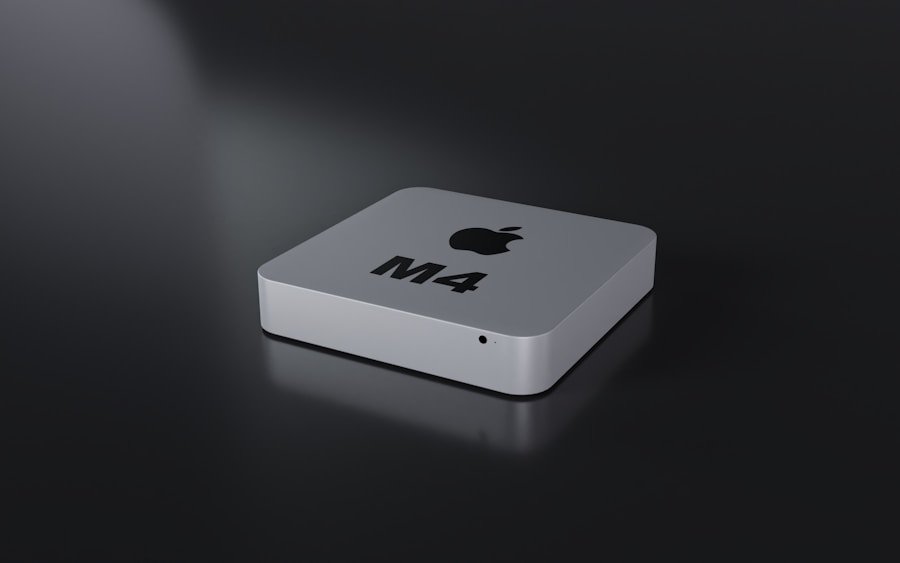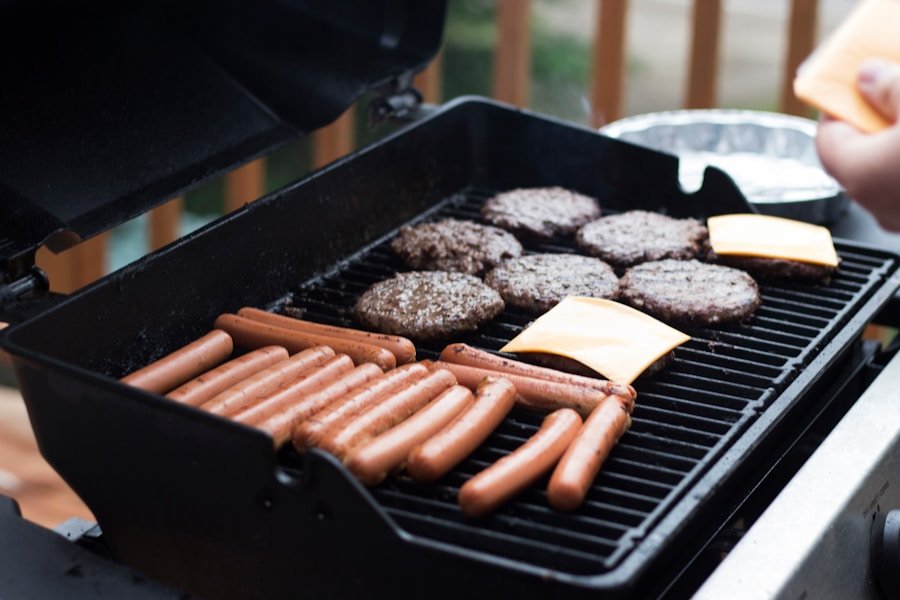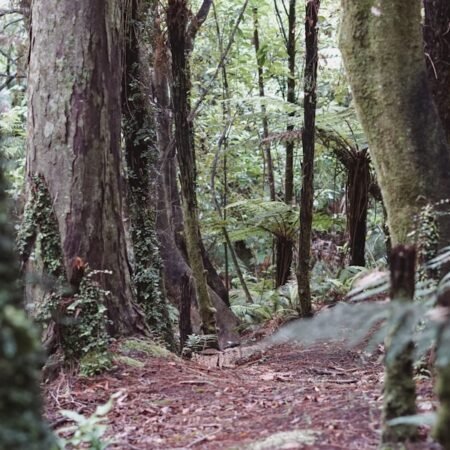When it comes to camping, portability and convenience are key factors to consider when choosing a water filtration system. The size and weight of the filtration system can greatly impact the overall camping experience. A bulky and heavy filtration system can be a burden to carry, especially on long hikes or backpacking trips.
It can take up valuable space in a backpack and add unnecessary weight, making the journey more strenuous and tiring. On the other hand, a compact and lightweight filtration system can make the camping experience much more enjoyable and hassle-free. It can easily fit into a backpack without taking up too much space or adding significant weight, allowing campers to move more freely and comfortably.
Furthermore, the convenience of a portable water filtration system cannot be overstated. When camping, access to clean and safe drinking water is essential for survival. A portable filtration system allows campers to quickly and easily purify water from natural sources such as rivers, lakes, and streams, providing a reliable source of hydration throughout their trip.
This convenience eliminates the need to carry large quantities of water from home or rely on finding a store to purchase bottled water, making the camping experience more self-sufficient and sustainable.
Key Takeaways
- Portability and convenience are crucial factors when choosing a water filtration system for camping, as they can greatly impact the ease of carrying and using the system during outdoor activities.
- The size and weight of a water filtration system can significantly impact backpacking and hiking trips, as lighter and more compact systems are easier to carry over long distances.
- The efficiency and effectiveness of a water filtration system are important considerations, as they determine how quickly and thoroughly the system can provide safe drinking water in outdoor settings.
- When planning for multi-day trips, it’s important to consider the capacity and maintenance requirements of a water filtration system, as well as its ability to handle varying water sources.
- The environmental impact of different filtration systems should be taken into account, as some systems may produce more waste or require more resources to operate effectively.
Impact on Backpacking and Hiking
The size and weight of a water filtration system can have a significant impact on backpacking and hiking trips. These activities often require campers to cover long distances on foot while carrying all of their gear and supplies. A heavy or bulky filtration system can add unnecessary strain to the body, making the journey more physically demanding and exhausting.
It can also limit the amount of other essential gear that campers are able to carry, such as food, clothing, and shelter, which can compromise their safety and comfort during the trip. In contrast, a lightweight and compact filtration system can make backpacking and hiking much more manageable and enjoyable. It allows campers to conserve energy and move more freely, reducing the risk of fatigue and injury.
Additionally, a portable filtration system enables campers to stay hydrated without having to carry large quantities of water, which can be especially beneficial in remote or rugged terrain where water sources may be scarce. Overall, the size and weight of a water filtration system can greatly impact the success and enjoyment of backpacking and hiking trips.
Efficiency and Effectiveness
The efficiency and effectiveness of a water filtration system are crucial factors to consider when evaluating its size and weight for camping. A filtration system that is too small or lightweight may not be capable of effectively removing harmful contaminants from water, putting campers at risk of waterborne illnesses. On the other hand, a filtration system that is too large or heavy may be overkill for the needs of a camping trip, adding unnecessary bulk and complexity without providing significant benefits in terms of water quality.
It is important to find a balance between size, weight, efficiency, and effectiveness when choosing a water filtration system for camping. The system should be capable of reliably purifying water from natural sources to meet the needs of campers without being overly burdensome or complicated to use. This balance ensures that campers have access to safe and clean drinking water without sacrificing the portability and convenience of their gear.
Considerations for Multi-day Trips
For multi-day camping trips, the size and weight of a water filtration system become even more important considerations. Campers will need to rely on their filtration system for an extended period of time, making it essential that the system is both portable and efficient. A compact and lightweight filtration system is crucial for minimizing the physical strain of carrying gear over multiple days, while also ensuring that campers have access to clean drinking water throughout their trip.
Additionally, the capacity of the filtration system becomes a key factor for multi-day trips. Campers will need a system that can handle a higher volume of water without becoming too cumbersome or impractical to use. This may require finding a balance between size, weight, and capacity to meet the specific needs of the camping trip.
Ultimately, the size and weight of a water filtration system for multi-day trips should be carefully considered to ensure that it is both practical and effective for the duration of the journey.
Environmental Impact
The environmental impact of a water filtration system is an important consideration for camping trips. A smaller and lighter filtration system typically has a lower environmental footprint compared to larger and heavier systems. This is because smaller systems require fewer materials for production and transportation, resulting in reduced energy consumption and emissions.
Additionally, portable filtration systems encourage campers to rely on natural water sources rather than purchasing bottled water, which reduces plastic waste and pollution in the environment. Furthermore, the environmental impact of a water filtration system extends beyond its size and weight. Campers should also consider the longevity and durability of the system, as well as its ability to be repaired or recycled at the end of its life cycle.
Choosing a sustainable filtration system that minimizes waste and resource consumption can help reduce the overall environmental impact of camping trips, contributing to the preservation of natural landscapes for future generations to enjoy.
Comparison of Different Filtration Systems
There are various types of water filtration systems available for camping, each with its own size, weight, and capabilities. Some common types include pump filters, gravity filters, squeeze filters, and straw filters. Pump filters are typically larger and heavier due to their mechanical components, but they offer high flow rates and are suitable for filtering large volumes of water.
Gravity filters are lightweight and compact, making them ideal for backpacking trips, but they require time to filter water through gravity alone. Squeeze filters are small and lightweight, offering a good balance between portability and efficiency for camping trips. Straw filters are the most compact and lightweight option, allowing campers to drink directly from natural water sources without needing to carry additional containers.
When comparing different filtration systems, campers should consider their specific needs and preferences for size, weight, capacity, and ease of use. Each type of filter has its own advantages and limitations, so it is important to choose a system that aligns with the requirements of the camping trip while also being practical and convenient to use in outdoor settings.
Balancing Size and Capacity
Finding the right balance between size and capacity is essential when choosing a water filtration system for camping. Campers should consider how much water they will need to filter each day, as well as how much space they have available in their backpacks for carrying the filtration system. A larger capacity filter may be necessary for groups or longer trips where more water will be consumed each day, but it will also add bulk and weight to the gear load.
Conversely, a smaller capacity filter may be sufficient for solo or short trips, but it may require more frequent refills and filter replacements. Ultimately, campers should aim to find a filtration system that offers an optimal balance between size and capacity for their specific needs. This may involve compromising on certain features or capabilities in order to prioritize portability and convenience.
By carefully evaluating the size and capacity of different filtration systems, campers can ensure that they have access to clean drinking water without sacrificing the practicality of their gear for camping trips. In conclusion, the size and weight of a water filtration system are important considerations for camping trips. Portability and convenience are key factors that can greatly impact the overall camping experience, especially for activities such as backpacking and hiking where gear must be carried over long distances.
The efficiency and effectiveness of a filtration system are also crucial for ensuring access to safe drinking water in outdoor settings. Additionally, considerations for multi-day trips, environmental impact, comparison of different filtration systems, and balancing size and capacity are all important aspects to consider when choosing a water filtration system for camping. By carefully evaluating these factors, campers can select a filtration system that meets their specific needs while also being practical and sustainable for outdoor adventures.
FAQs
What factors should be considered when choosing a water filtration system for camping?
When choosing a water filtration system for camping, factors to consider include the size and weight of the system, the type of contaminants it can filter, the ease of use, and the capacity of the system.
How important is the size of a water filtration system for camping?
The size of a water filtration system is important for camping as it affects portability and storage. A compact and lightweight system is easier to carry and takes up less space in a backpack or camping gear.
How important is the weight of a water filtration system for camping?
The weight of a water filtration system is important for camping as it can impact the overall weight of a backpack or camping gear. A lighter system is more convenient for hiking and backpacking trips.
What are the benefits of a compact and lightweight water filtration system for camping?
A compact and lightweight water filtration system for camping is easier to carry, takes up less space in a backpack, and is more convenient for outdoor activities such as hiking and backpacking.
Are there any drawbacks to a compact and lightweight water filtration system for camping?
While compact and lightweight water filtration systems are convenient for camping, they may have a smaller capacity and slower filtration rate compared to larger, heavier systems. This means they may need to be refilled more frequently and take longer to filter water.













